Our Teams
Who does What and how Together we Become Greater than the Sum of our Parts
DIRECTORS
The directors have midwifed the initial vision for IPT and are responsible for most of the creative and strategic decisions that support IPT’s direction, based on our core mission, criteria and values.
SPACE HOLDERS
The space holders curate and facilitate special interest groups (SIG’s) that directly inform and support the IPT membership’s collective inquiry and growth. They also act as our advisory council through meetings where we work together in support of developing IPT to it’s fullest potential.
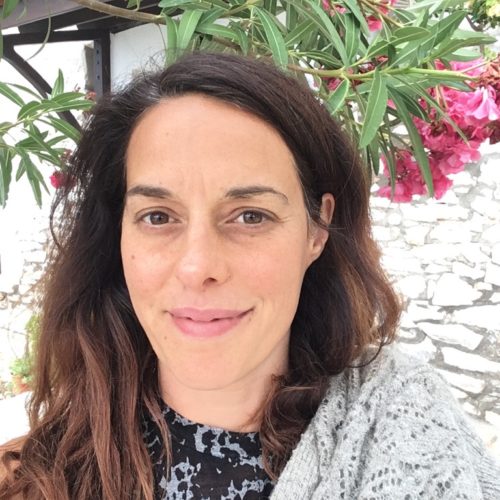
Maria Papaspyrou
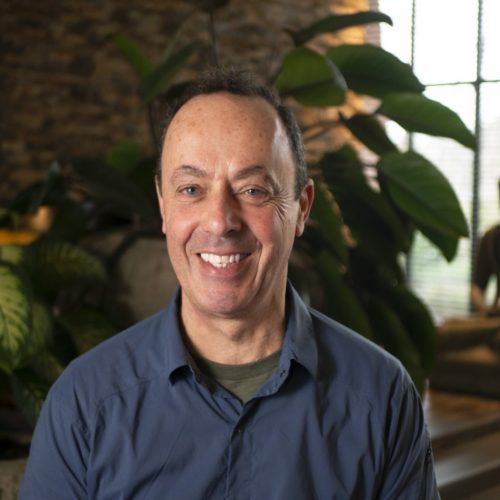
Tim Read

Founder and Director
Maria Papaspyrou
Maria Papaspyrou grew up in Athens, Greece and relocated to the UK in 1995 to pursue her interest in training as a psychotherapist. The last 30 years have been a rich journey of learning and growth. Her initial training in integrative psychotherapy taught her the power and value of the relational as a cornerstone of this work. Her later interest and training in Jungian theory added a much greater depth of inquiry. Her most recent training in systemic constellations is the thread that pulled all her earlier trainings together by adding the systemic lens that allows everything to come into a greater wholeness. Her training in the therapeutic field developed over these years alongside her interests in expanded states and the two would become life defining and enhancing in unforeseen ways and finally integrated in the field of psychedelic therapy.
As a psychotherapist Maria has worked in the field of mental health both in crisis services and in general support settings. She later worked in further and higher education settings with young people, offering individual counselling alongside group workshops and events.
Since 2013 she has been giving talks on psychedelic integration and therapy and has been actively supporting the re-introduction of expanded states in psychotherapy and the development of this field in the UK through her participation in many projects. She is part of the wider team in Breaking Convention, the co-editor of “Psychedelic Mysteries of the Feminine” (Park Street Press, 2019) and the co-editor of “Psychedelics and Psychotherapy: The Healing Potential of Expanded States” (Park Street Press, 2021).
Her professional creative collaboration with Tim over the last 10 years in various forms and formats has found its current expression in IPT where they work together to support the development of CPD structures and professional training in support of safe and skilful psychedelic work within a therapeutic framework.
She currently practices as a Senior Accredited BACP psychotherapist, clinical supervisor and systemic facilitator in private practice in Brighton, UK.

Founder and Director
Tim Read
Tim is a psychiatrist, psychotherapist and author based in London. After degrees in neuroscience and medicine, he was consultant liaison psychiatrist at the Royal London Hospital for 20 years also heading the crisis intervention service and developing psychological treatments for psychiatric emergencies. He held posts of Clinical Director and Director of Training. He is a Fellow of the RCPsych and a member of the Institute of Group Analysis.
He was drawn to psychiatry by the work of C.G.Jung and has completed trainings in psychoanalytic psychotherapy (IGA) and transpersonal psychology with Stanislav Grof (GTT). He has been a certified facilitator of holotropic breathwork since 2007. Tim is extensively involved in training and supervision and feels passionately that these substances should be used with compassion and skill so that the formative wounds that underpin so much of our individual and collective distress may become more available for healing. He is extensively involved in clinical research of psychedelic assisted psychotherapy and with Maria Papaspyrou is co-facilitating the Depth Relational Process IPT 2 year training.
Tim is author of Walking Shadows: Archetype and Psyche in Crisis and Growth and co-editor with Jules Evans of Breaking Open: Finding a Way Through Spiritual Emergency and co-editor with Maria Papaspyrou of Psychedelics and Psychotherapy published in 2021.
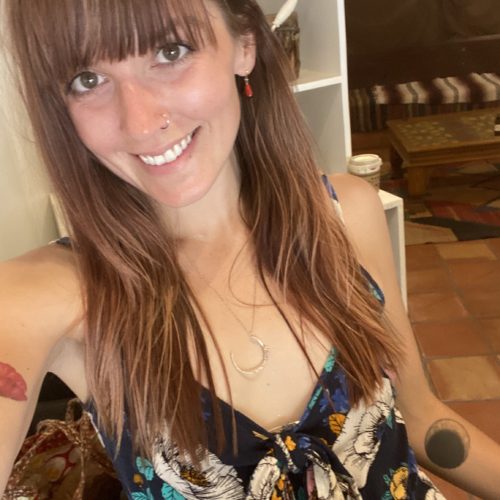
Jessica Stewart

IPT Administrator
Jessica Stewart
Jess has recently completed her undergraduate degree in Psychology at the University of California, Santa Cruz and she is currently living in Taos, New Mexico where she is currently studying Ancestral, Folk, and Herbalism Medicine ways with Native Roots Healing Collective. She is collecting tools which deepen her insights into the human experience and which she believes will support her own personal healing and in turn, her community and future clinical work. The landscapes of Taos are the perfect ground for integrating all she is discovering through her learning and healing path while prepping her for her next steps towards training as a psychotherapist.
Jess is committed to supporting paradigm shifts that will bring individual and collective healing and has been supporting the psychedelic field through various roles since 2019. She is honoured to support IPT’s vision by bringing forth her pervious experiences of working in psychedelic organisations alongside her problem solving and administrative skills.
IPT Role:Administrator
SPACE HOLDERS
The space holders curate and facilitate special interest groups (SIG’s) that directly inform and support the IPT membership’s collective inquiry and growth.
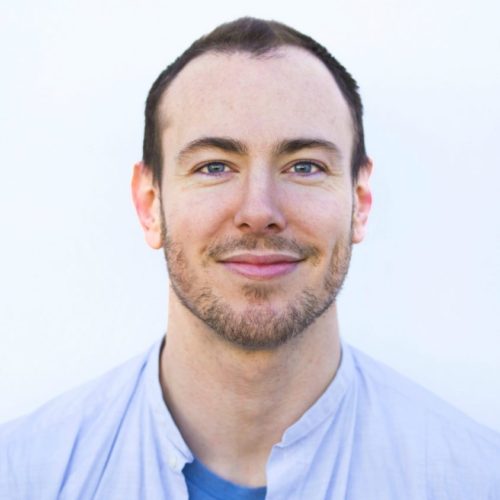
Richard Jones
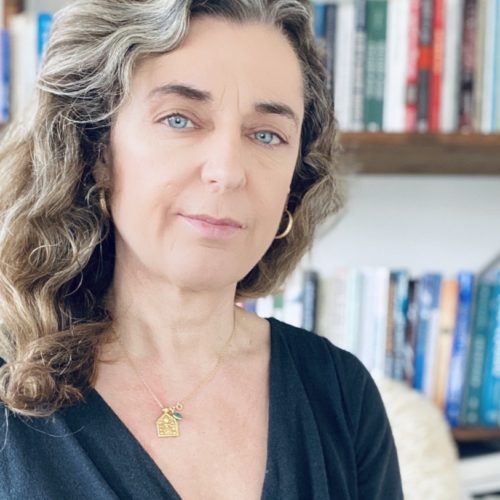
Justine Corrie
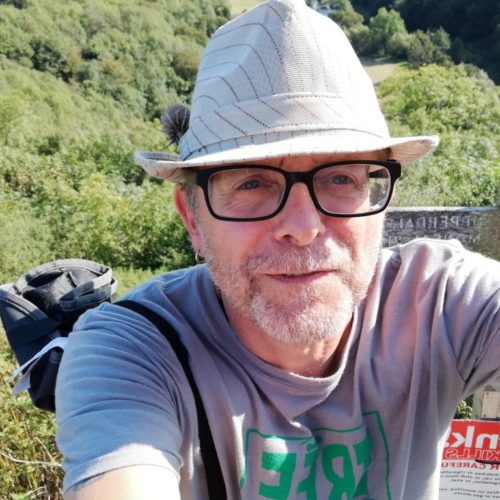
Simon Turnbull
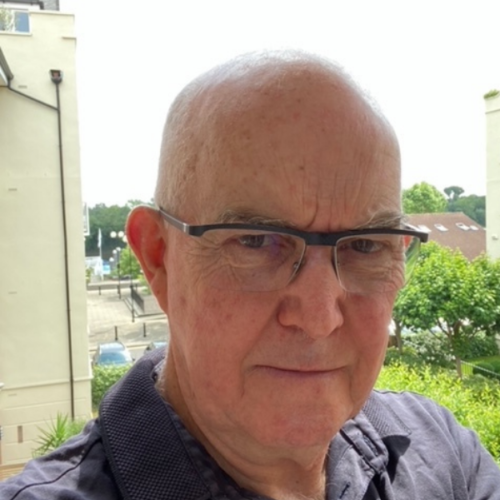
Laurie Slade

Jocelyn Rose
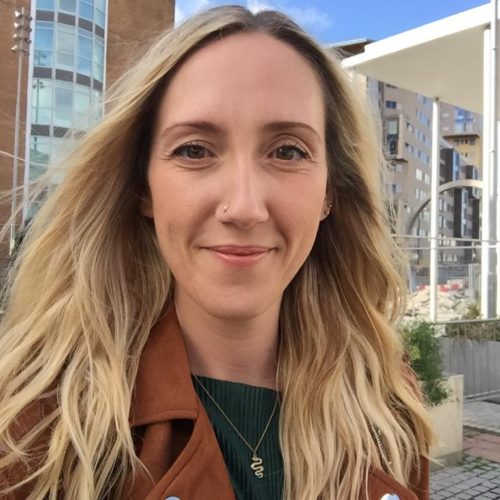
Ashleigh Murphy-Beiner
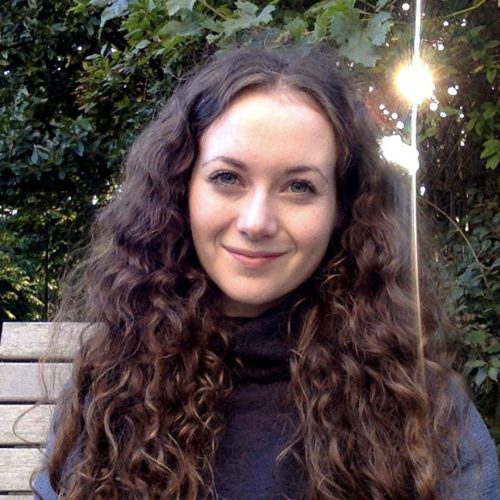
Roberta Murphy
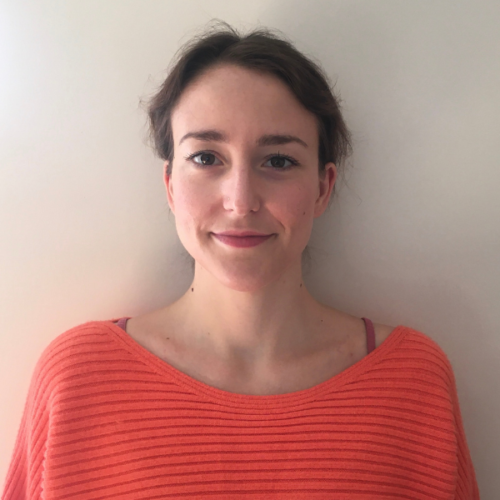
Rosanna Ellis
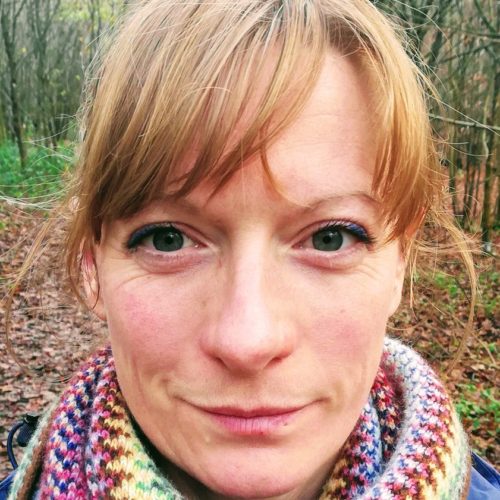
Liz Lilley
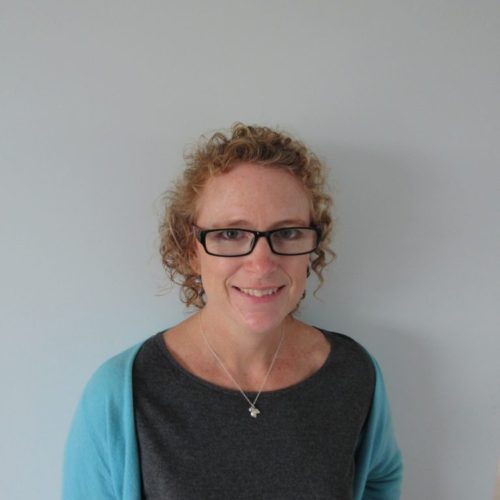
Kate Palmer
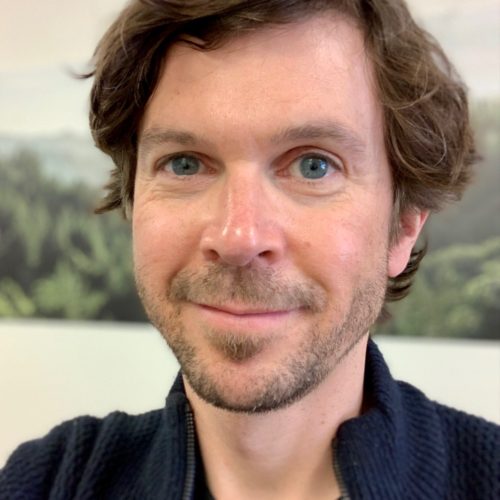
Graham Campbell

Michelle Baker Jones
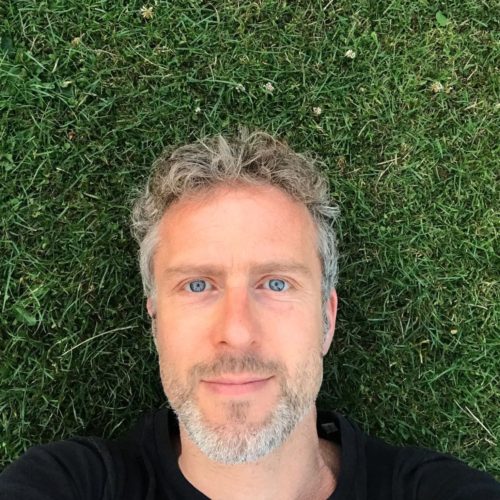
Jonny Bauer
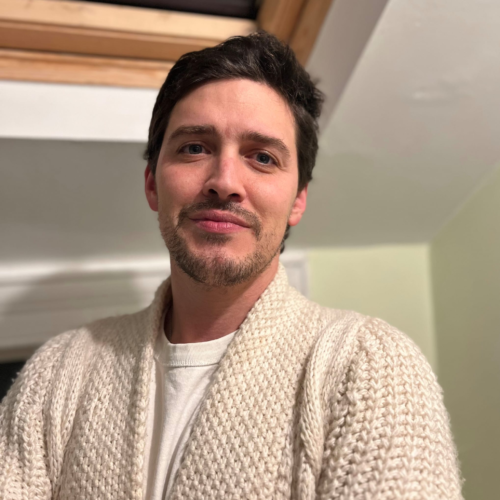
Frederico Magalhaes

Co-Chair of Academic Circle
Richard Jones
As a student of literature Richard was drawn towards working in mental health after his involvement in a creative writing program in a jail in California. He completed an MA in Psychosocial studies at Birkbeck University and a foundation course at the Institute of Group Analysis.
Richard was a mental health support worker for people diagnosed with psychosis for over 6 years. He provided practical and emotional support, as well as running art and dance movement workshops. He completed an Advanced Diploma in integrative counselling at Minster Centre. Following powerful experiences with Ayahuasca Richard became intensely interested in the therapeutic potential of psychedelics.
Richard currently sees clients in his private practice and in a bereavement service at a hospice. He is due to be a guide in the upcoming trial of psilocybin for treatment resistant depression at King’s College. He has volunteered with Psycare providing welfare and harm reduction at festivals and has given training for volunteers on psychedelic integration.
Richard runs and co-facilitates an open, monthly psychedelic integration group. He is regularly awe-struck by the cross-pollination that takes place between different experiences and the capacity of the group to enable powerful channels of reconnection.
Richard works in an embodied relational manner and places a great significance on the body’s capacity to hold past experiences. He is passionate about a paradigmatic shift in mental health away from a reliance on a medical model of symptom management; towards inner-exploration and the promotion of health.
Richard is thrilled to be able to contribute to the IPT’s ever-expanding collection of knowledge and increasing know-how.
IPT Role:Co-Chair of Academic Circle

Co-chair of Spiritual Emergence Special Interest Group
Justine Corrie
Justine is a psychotherapist, ecotherapist and facilitator living in Somerset. She has an MA in Core Process Psychotherapy, having graduated from the Karuna Institute in 2013, and works in private practice from her garden cabin and local woodland.
Justine became interested in the transpersonal after reading Stan Grof aged 18. That interest was explored further during a 7-year period of living and travelling in Asia and discovering the Eastern Contemplative practices of India and Tibet. A period of Spiritual Emergency in her twenties led Justine towards a path that some 10 years later saw her training to become a psychotherapist. She now has a particular interest in supporting the safe integration of these experiences for others.
Justine is the co-founder of Conscious Collaboration and is an enthusiastic champion for the necessity of attending to regenerative culture within social-action organisations. She has worked with Extinction Rebellion to set up a therapeutic support network and developed volunteer welfare protocols throughout the European refugee volunteer networks – work explored as co-author on a chapter “The Endeavour Towards Wellbeing” in the “New Internationalists” published 2021.
Justine works with individual clients and groups in woodland and wilderness offering ecotherapy and also alongside the Climate Psychology Alliance supporting other clinicians to take therapy ‘through the door’.
Justine’s work is grounded and resourced in nature-connection, meditation, dance and a deep reverence from the other-than-human realms.
Justine will be bringing all of the above life and professional experience in support of her role as IPT’s Chair of the Spiritual Emergence Special Interest Group.

Social Dreaming Host
Laurie Slade
Laurie is a member of the Guild of Psychotherapists, the Confederation for Analytical Psychology, the Institute for Psychedelic Therapy, and the International Association for the Study of Dreams. He has worked in a variety of fields, as a stage manager in professional theatre, a teacher, a lawyer, and an ombudsman.
An intense personal crisis in his late 20’s and subsequent clinical depression propelled him into a more focused emphasis on his self-development. This took him into personal therapy and Jungian analysis, which led to his practicing as a voluntary bereavement counsellor, then qualifying and practicing as a psychoanalytic therapist.
He closed his practice in 2019, after 30 years in the field, and continues to act as a creative consultant. Meanwhile, explorations in expanded consciousness that began through Yoga and Buddhism have continued through active imagination, Holotropic Beathwork and Celtic spirituality.
For the past 20 years he has also been writing plays, inspired by his life-long passion for theatre and early years working backstage. There have been productions in London and Coventry, and on BBC Radio 3. His new play Supermoon is scheduled for production in 2022 by Presence Theatre (www.presencetheatre.com).
He first experienced social dreaming in 2001 and was immediately excited by its potential to engage with a wider dimension of dreaming, beyond the primary focus of Westernised therapies on the individual psyche of the dreamer. Since then he has hosted social dreaming sessions in a variety of settings, in the UK and internationally, including open-access events for Tate Modern (2017) and the Barbican (2019). His published papers include: Social Dreaming for a Queer Culture (Self & Society – 2005), Image to Gesture – Social Dreaming with Student Theatre Directors (in The Creativity of Social Dreaming – Karnac – 2010), and Renewing the Land – the Dreaming Mind in Community (in Social Dreaming – Philosophy, Practice, Theory and Research – Routledge – 2019).
IPT Role:Social Dreaming Host

Co-chair of IPT Community Reading Group
Jocelyn Rose
Jocelyn is a Psychodynamic Psychotherapeutic Counsellor, EMDR Practitioner and Clinical Supervisor working in private practice. Jocelyn has a role as a Cover Guide and Therapist on the DMT for depression clinical research trial in London. She cohosts Brighton Psychedelics and co-facilitates psychedelic integration circles in Brighton and online. Jocelyn is passionate about the transformative potential of education. For over a decade, Jocelyn taught Psychology at GCSE, A-Level, Foundation Degree and Undergraduate Level. For many years, Jocelyn also home educated her own children. During her teaching career, Jocelyn developed an appreciation that shifting paradigms begins with education. As an educator, Jocelyn now brings this passion into her work with psychedelics. She is optimistic about the psychedelic renaissance and its potential impact on global health systems.
Initially, Jocelyn’s interest in the transpersonal came from her own spontaneous transcendental altered states experiences. After consolidating these experiences, Jocelyn started to explore and make sense of what had happened to her. This led her on a journey to retrain as a psychotherapist. She developed an interest in how similar experiences might be achieved using entheogens. Jocelyn recognises that the life defining therapeutic potential of a spiritual emergence is best supported through the relational connections that we have with others, and with the natural world. She uses this approach in her work.
Jocelyn enjoys gardening and walking. She is a mother and a bee-keeper, and has a keen interest in the healing properties of the natural world.

Co-chair of Ethics Focus Group
Ashleigh Murphy-Beiner
Ashleigh Murphy-Beiner is a Trainee Clinical Psychologist and Mindfulness Practitioner. She is also a member of the Imperial Psychedelic Research Group and worked on the most recent psilocybin for depression clinical trial supporting people through their journeys and providing longer term aftercare.
Previously, Ashleigh had published research investigating changes in mindfulness and cognitive flexibility following ayahuasca use and provided preparation and integration support for people using ayahuasca in ceremonial contexts.
With two of her colleagues, she has also been running a monthly integration circle for the Psychedelic Society and recently co-founded the Association for Psychedelic Therapies (APT), a non-profit organisation with a mission to promote safe and ethical practice in the development and delivery of psychedelic-assisted therapies in the UK.

Co-chair of Ethics Focus Group
Roberta Murphy
Roberta Murphy is an Irish psychiatrist based in London. She is currently training as medical psychotherapist in South West London and St George’s NHS Trust. She is a member of the Imperial Centre for Psychedelic Research. She worked as a study doctor and therapy guide on trials of psilocybin for healthy volunteers, severe depression and eating disorders. She has helped to train other research teams and offers support around issues pertaining to screening. She is interested in alternative approaches to severe and enduring mental health issues. She has published a recent paper exploring the impact of the therapeutic alliance on the acute psychedelic experience and clinical outcomes. She has trained with Open Dialogue UK, The Institute of Group Analysis, The Institute of Psychoanalysis and in Ecotherapy. Her work is informed by experiences of Holotropic Breathwork.

Co-chair of End of Life Special Interest group
Rosanna Ellis
Rosanna is a Hospice Nurse, Yoga Nidra teacher in training and co-founder of Essence Medicine – an initiative that promotes inclusive psycho-spiritual care for people whose lives have been affected by life-limiting illness. She has a keen interest in holistic care and is also undergoing training in systemic family constellations.
After becoming interested in near death experiences and end of life phenomena in her early nursing career, Rosanna discovered and began to follow psychedelic research but her interest peaked when she started to work in end of life care. Rosanna completed an MSc in Palliative Care and for her dissertation she analysed the clinical trials that investigated the use of psychedelics for anxiety and depression in adults with advanced diseases.
Rosanna Is passionate about reframing conversations so that death and dying can begin to become embraced as an integral part of life instead of something to be hidden away and feared. It is her belief that if we can face our mortality and make peace with the impermanent nature of life, we will collectively be able to live much more fully.

Lead for Growthful Networks
Liz Lilley
Liz Lilley is a Humanistic Psychotherapist, Massage Therapist and Breathwork Facilitator, integrating her professional experience from these areas into her therapeutic practice. Liz has an ongoing interest in expanded states including psychedelics, meditation, breathwork and shamanic journeying as tools and openings that enhance self-awareness, creativity, connection and therapeutic release.
After many years of working with the body and witnessing the somatic release of trauma Liz went on to study psychotherapy in order to bring her knowledge of the mind-body in line with her experiences. Working in the fields of domestic abuse, homelessness and with refugees Liz developed a special interest in working as a psychotherapist with young people and with women’s issues. Her work often entails psychedelic integration and supporting the emotional process of spiritual emergence.
Liz has a strong community drive, has been engaged in social justice campaigning and has founded and lives in a housing co-operative in Brighton. These experiences have given her a deep understanding of working with groups, resolving conflict and consensus decision making.
Liz is IPT’s Lead for Growthful Networks, responsible for building democratic and collaborative containers for the ongoing professional development of IPT’s members.

Co-chair of Integration Forum Group
Kate Palmer
Kate trained as an Integrative-Relational Counsellor, qualifying in 2012. She has worked in many different settings – GP surgery, workplace counselling, universities – as well as in private practice. Since 2016 she has been developing her interest in the psychotherapeutic value of working with psychedelics through volunteering for PsyCare, co-facilitating a Psychedelic Integration Group, personal development and training. From March 2021 ongoing she has been working as a guide and therapist on the Small Pharma/Imperial College Clinical Trial using DMT for Major Depressive Disorder.

Co-chair of Academic Circle
Graham Campbell
Graham has been interested in the therapeutic potential of psychedelic drugs since the late nineties. This naturally evolved from his early interest in the interpretation of dreams, hypnosis and psychoanalysis.
He qualified as a doctor in 2003 from the University of Birmingham and trained in psychiatry from 2006. In 2012, he was awarded an MSc in Neuroscience with distinction from Kings College London and focussed on the role of inflammation in the aetiology of depression. He worked as an NHS inpatient consultant psychiatrist from 2012 at Mill View Hospital in Hove and trained with Imperial College London in February 2018 to work as an assistant guide for the Psilodep2 trial.
In March 2019, he helped set up the Brighton Psychedelic Integration Circle with wonderful colleagues and was instrumental in organising educational events at Brighton & Sussex Medical School later that year. In 2020, he decided to leave the NHS after 17 years to devote himself full-time to psychedelic therapy research. He accepted a position as Director of Clinical Psychiatry with Small Pharma Ltd andas the Study Psychiatrist for a trial investigating dimethyltryptamine (DMT) as a treatment for depression.
Graham has long been fascinated by the relationship between biology/matter and subjective conscious experience. He was drawn to psychiatry, neuroscienceand psychoanalysis in his attempt to get a better understanding of the nature of things. For him, psychedelic therapy marries all these elements together and provides a rich space for further exploration. He is honoured to play his part on the advisory board for the Institute of Psychedelic Therapy and is looking forward to sharing learning with others as chair of the ‘Journal Club’ meetings for the institute.

Co-chair of Integration Forum Group
Michelle Baker Jones
Michelle is an integrative psychotherapeutic counsellor in private practice, based in London. She has been a member of Imperial college’s psychedelic research team since 2015. Michelle was a lead guide on the Imperial College’s most recent RCT trial which is comparing psilocybin to anti-depressants as a form of treatment for depression. (Psilodep2)
Currently she is working on a DMT trial as the lead therapist looking at the efficacy of DMT to treat depression a collaborative trial between Small Pharma and Imperial College.
Michelle offers individual psychedelic integration for people who are struggling to process psychedelic experiences and co – facilitates two monthly Psychedelic Integration groups.

CO-CHAIR OF IPT COMMUNITY READING GROUP
Jonny Bauer
Jonny is an experienced somatic psychotherapist with an interest in offering somatic work in a group format for low cost. He runs Family Constellations workshops and has a strong footing in ACT; IFS; and also altered states. He has spent a lot of his working life writing fiction and journalism, both of which have been published and regarded internationally. He still noodles away at words when he is not seeing clients, altering his state, or being taken for a walk by his dog. @feelbetter.co.uk

Co-Chair of Ketamine Assisted Therapy
Frederico Magalhaes
Frederico completed his undergraduate training in Portugal, in Biochemistry and then later in Medicine, with a Masters thesis Mindfulness-based Cognitive Therapy. He trained in Psychiatry in Oxford and is currently a Consultant Child and Adolescent Psychiatrist in the NHS.
During his psychiatry training Frederico collaborated with Kosmicare in Portugal, and later joined the Imperial College Centre for Psychedelic Research where he is an Honorary Research Fellow and has worked as a psychiatrist and guide on clinical studies of psilocybin for depression and anorexia, supervised by Tim Read. Alongside his clinical work he collaborates on developing psychologically-informed approaches in the UK’s first NHS Ketamine Clinic at Oxford Health Foundation Trust.
He is a member of the Royal College of Psychiatry Working Group for Psychedelics within the Faculty of Psychotherapy, developing a guidance document for psychedelic-assisted therapy.
In Portugal, Frederico is a collaborator with Safe Journey and part of the Eleuzis project, working with the Portuguese parliament to advocate for legislative change for psychedelic therapies.
Frederico’s main interests lie in the practice and understanding of the therapeutic processes inherent to psychedelic assisted therapies, and the development of coherent, equitative and safe models for expanded access to these treatments, within and without healthcare settings. He is interested in societal and community-based approaches to problems of mental health and wellbeing, especially in children and young people.